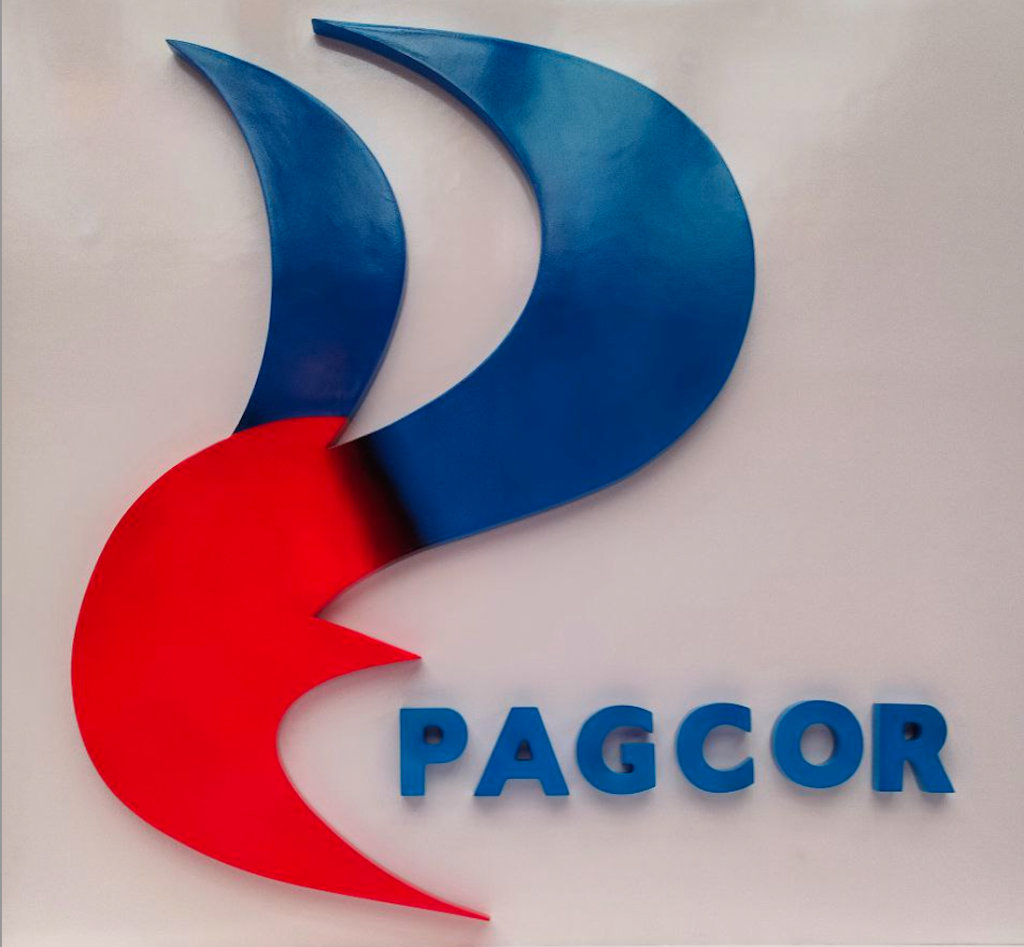The Philippines was again placed on the global money laundering and terrorist financing watchdog Financial Action Task Force’s (FATF) gray list as of October 2023, and one of the main reasons for failing to exit the list is the need to strengthen AML/CTF controls around the operation of casino junkets.
However, industry lawyer Tonet Quiogue explains that the burden of AML/CFT compliance rests on casino operators as we expect the regulator to impose stricter requirements to address the weaknesses in their current systems.

Philippines gaming industry lawyer Tonet Quiogue
In an interview with AGB, a partner from a Philippines-based law firm and an expert in the legal gaming space, Tonet notes that in a risk assessment study conducted by the PAGCOR Anti-Money Laundering Supervision and Enforcement Department (“PASED”) or the Junket Risk Assessment (“JRA”), the overall AML/CFT risk of junket operations was classified as “medium risk”, with significant improvements from 2017. While the JRA identified weaknesses in the conduct of these junkets, It is unlikely that junket operations will be banned, given the significant revenues generated by these operations. What can be expected is stricter supervision over casino licensees.
“To be clear, junket operators (unless they are in-house marketing arms of casino operators) are not designated as covered persons under the Anti-Money Laundering laws in the Philippines. Junket operations are just included as one of the products or marketing strategies arranged by casinos or established through agreements with third-party junket operators.
“The casino is still the covered person that has the ultimate responsibility for compliance with laws and regulations”.
Tonet Quiogue
Casinos only included in Anti-Money Laundering Act in 2017
The gaming industry lawyer recalls that casinos were only included as covered persons in August of 2017 when the Philippine Anti-Money Laundering Act (AMLA) was amended by former President Duterte’s administration. Before that, there was no hard requirement for casinos to comply with the AMLA regulations. “This was the first major step that the Philippine government took to address AML compliance for casinos directly,” Tonet concludes.
After the formal inclusion of casinos as covered persons, regulations and standards were developed to prevent land-based casinos (who are the supervisors for junket operators) from being used for illegal activities. These regulations and standards were embodied in the Casino Regulatory Manual (CRM) issued by PAGCOR in 2018, and all casino operators authorized to provide junket operations were required to comply.
The CRM regulations on junkets included enhanced due diligence requirements on junket operators and their clients, information sharing, and other guidelines for casinos to follow as their minimum standards for establishing and implementing their AML policies.

Regarding the gray list issue on casino operations, the FATF stated that the Philippines has to demonstrate that it is working on “…implementing its action plans to address its deficiencies…” specifically, effective risk-based supervision of designated non-banking financial businesses and professions (including casinos) and show that Philippine regulators are using Anti-Money Laundering/Combating the Financing of Terrorists (AML/CFT) controls to mitigate risks associated with the operation of casino junkets.
In this context, Tonet indicates that with the issuance of the Casino Regulatory Manual (CRM) and its supplemental guidelines and memos, PAGCOR already has a robust legal framework on how junket operators should be regulated and supervised. However, “simply imposing the rules is not enough for the FATF.
The regulator must be able to show (a) increased supervision of casinos, particularly relating to junket operators and junket participants, and (b) AML/CFT controls are correctly functioning in the casino sector to mitigate risks associated with junkets to prevent, as well as from undermining the Philippine financial system,” notes the lawyer.
In order to get removed from the gray list, Tonet predicts that PAGCOR has already taken action in response to the FATF’s classification.

Taking a look at the 2022 memo that PAGCOR provided to land-based casinos, which included a copy of a “Junket Assessment Risk” (JRA) that PAGCOR conducted through its enforcement and supervision department (PASED), “the JRA identified the risk level of junket operations after the implementation of the regulatory changes applied to casinos after 2018,” she mentions.
“The JRA assessed the overall risk of junket operations as medium risk, meaning that although it has strengthened its supervision and implementation of risk mitigation strategies, there are still areas that need improvement. The JRA identified risk areas that PAGCOR required casinos to update and address.
The JRA stated that during the conduct of compliance checking, the AML/CFT programs of some casinos need to be revisited and aligned with the ML/TF risks to which the casino is exposed, particularly concerning junket operations,” mentions Tonet.
These areas include:
- Limiting Cash Transactions – Casinos are a cash-intensive business, often operating 24hrs per day, with high volumes of cash transactions taking place very quickly. Nine of the eleven land-based casinos with junket operations have cash transactions. The transportation of foreign currency or monetary instruments in the country is legal.
The carrying of foreign currency in excess of $10,000 or its equivalent in other foreign currencies must be declared to a Customs Officer or the Bangko Sentral ng Pilipinas (BSP). Thus, junket players may have brought cash into the country.
- Added / Enhanced Due Diligence on Junket Operators and Clients – Host casinos apply enhanced due diligence (EDD) to the junket players. In addition, the identity of the junket players should be validated using all known sources of information, including third-party commercially available CDD tools. However, some casinos provide the option for video streaming the games, and this poses an AML risk. It is possible that PAGCOR limits or regulates this practice.
- Training – In addition to training onsite employees, this includes the training of the board of directors, senior management, and senior officers of casinos in cooperation with the AMLC.

Impacts of FATF’s gray list on gaming
The Philippines President, Ferdinand Marcos Jr., ordered in October the immediate implementation of the national strategy covering 2023-2027 in a bid to remove the country from the gray list of FATF.
Early last week, the Philippines Anti-Money Laundering Council (AMLC) said that it is currently working on the enforcement of heightened protocols against AML/CTF specifically tailored for casino junkets. This initiative is a proactive response to recent remarks made by the Financial Action Task Force (FATF).
Under these circumstances, Tonet says that she can expect increased supervision and compliance requirements, even from other government agencies. The Bangko Sentral ng Pilipinas imposes strict requirements and auditing procedures for banks that service PAGCOR licensees.
“In the last few years, it has been difficult for some PAGCOR licensees to transact with local banks, with some local banks even refusing to open bank accounts for employees of PAGCOR licensees. This also affected other licensees, even if they have no betting activities (like service providers). In several instances, we had to assist clients in educating certain banks that not all PAGCOR licensees are subject to the enhanced diligence requirements for casino operators.”
The lawyer also analyzes that if the Philippines is removed from the gray list, it would “solidify the Philippines as a stable and safe place for foreign investors (including foreign gaming operators).”
“There are large casino operators who have passed on investing in the Philippines because of this fact. While the gray list is not a sanction, there are still some companies who do not want to deal with the additional risks that the ranking implies, including scrutiny from their own regulators.
This eventually translates to new and more jobs, boosting tourism and other related commercial opportunities. There will also be cheaper and more available lines of credit for Philippine businesses and individuals. Additionally, there will be less pressure on the banking and financial system as we cooperate with international counterparts.”











